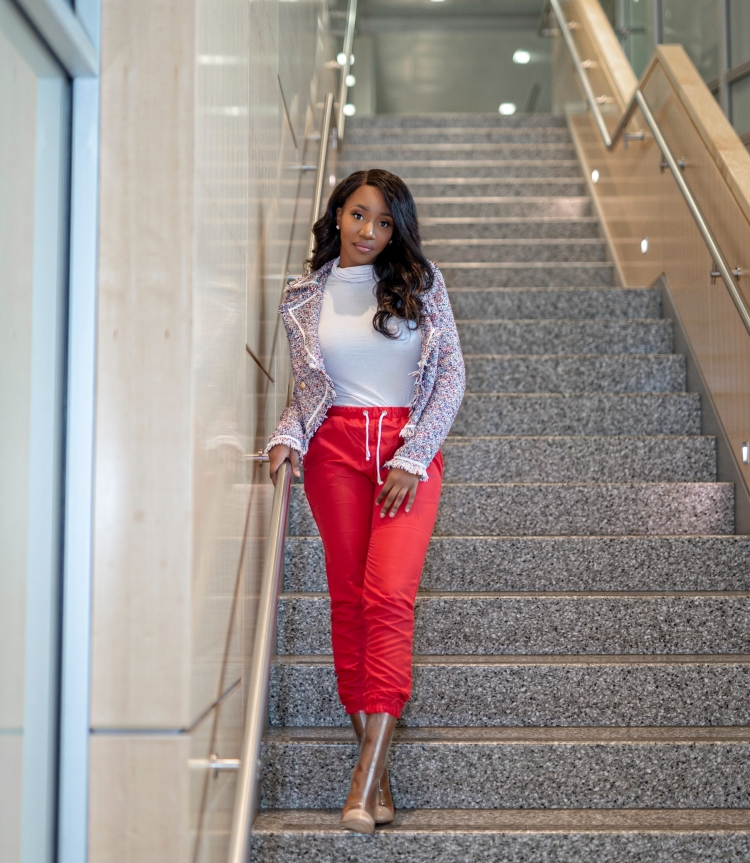Have you ever had a friendship that ended for seemingly no reason? Have you ever wondered why you and a friend fell off? Where you stand with them, or if they care as much as you?
When I turned 18, I hosted a dinner for my birthday. I had to have invited like 20 people. And besides my boyfriend at the time, not a single one of the people I invited showed up. Many cancelled on me right before hand, and others I just didn’t hear from at all. I sat in the corner of my bedroom that night and cried (cue “It’s my party, I can cry if I want to”). I felt embarrassed. Disappointed. Unimportant.
Now, what does that have to do with this post? Well, it recently dawned on me that that one instance was the straw that broke the camel’s back, as they say. For 9 years after that, I constantly questioned myself when it came to friendships. Navigating the nuances of reciprocation and loyalty. Wrestling with rejection, and all the maybes and what ifs. Internalizing, projecting, overcompensating.
Few people know how persistent this struggle was for me. I hardly ever talked about it because it seemed like friendship came so easily to everyone around me. I didn’t know anyone else who looked like they could relate. For years, I suffered silently and grew resentful, watching countless people be the friend to others that they weren’t to me.
Fast forward to now and I can finally say I’ve been delivered. The journey wasn’t easy, and often times seemed impossible. But if you’ve been battling insecurity in this area, I want to let you know that there is hope, and here are 5 things you can do to jumpstart start your healing today.
- Figure out what your definition of a friend is. This level of clarity will help you manage your expectations and honor your standards. You may find that some of your “friends” are really just acquaintances you’ve placed in the wrong category.
- Make sure you aren’t placing unrealistic/unhealthy expectations on others by violating or not having your own boundaries. Yes, friendships should be give and take, but boundaries are critical and they look different for each person.
- Be gracious and communicate. If you feel things are off with a friend, make sure they’re okay first. Most likely it’s not personal. We all get caught up sometimes because life and adulting. Too many people get cut off for ‘acting funny’, when all we had to do was use our words.
- Be willing to let go. Not all friendships are forever, no matter the history. Also, some friends may not value the relationship as much as you do. Doesn’t make them bad people. They just may not be your people. No matter how much you want them to be. And that’s okay.
- Look in the mirror. Are you being the friend you desire? Are you even being a good friend to yourself? Are you idolizing friendship? No amount of friendship can replace self love, and friends shouldn’t take God’s place in your life.
Another thing I’ve learned throughout my journey, is that the absence of friendship does not equal the presence of conflict. This was a hard lesson for me. I used to think that the only reason friendships ended was because of conflict. I know now that just because you and someone stopped talking, doesn’t always mean there’s beef or that there needs to be. Friendships change and fade without argument all the time, the same way seasons do. It may be confusing. Hurtful, even. You may never get closure. But I’ve learned that the only way to find peace is to embrace the now with open arms, not clenched fists.
*Disclaimer: The list above is not exhaustive or a means to an end. Healing from any insecurity is never quick, clean, or easy. It’s a process- one that you may have to repeat multiple times. Be patient with yourself. I’m rooting for you 🙂


